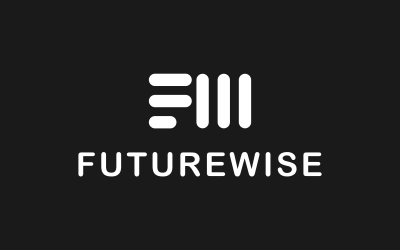Despite all the doomsday messages about job losses, only one job has been eliminated in the last 60 years from the US Census bureau logs due to automation. That is ……the elevator operator.
So why should we be worried about our jobs?
We often look at the past to predict the future but we need to be mindful that the speed of change is vastly greater than ever before. The subtle way that automation changes our lives and workplaces often makes it hard to target the nature of any single threat.
In 1985 when Microsoft Excel was released it didn’t look like a job killer, it looked like a spreadsheet programme but it eventually obviated the need for whole departments of data entry clerks. When Facebook added a feature called the newsfeed it didn’t look like a job killer but it subtly transformed into a product that distributed information to billions and reduced demand for newspapers. On top of this many of the biggest companies don’t need anywhere near the same amount of employees anymore. In 1964, the AT&T had 758,600 employees, however WhatsApp was bought by Facebook for $19 billion in 2014 and had only fifty-five employees!
Secondly, technology may not take whole jobs but it takes parts of the job and this means that you will need to always be learning. If there is one outcome of the pandemic it’s that CEOs can see that technology works in areas they were previously sceptical e.g. remote working. It will not be long before they start using A.I. companies like Uipath and Blue Prism to see how they can streamline their employees. As one expert put it: if you could write a user manual for your job and give it to someone else and they could learn to do your job as well as you in four weeks or less, you are probably going to be replaced by a machine. Therefore, continuous learning needs to be the norm.
Thirdly, the concept of “hustle culture” is counterproductive. You will see people online using phrases like “Thank God its Monday”, Rise and Grind” espousing how hard they work, but hard work won’t save you. You cannot out work an algorithm, we need to give less importance to being busy and more to observing, thinking and listening. The threats are not as easy as before, so its important we don’t have our head down all the time.
The answer, as always comes back to us focusing on the skills we have that technology finds very hard to mimic – our people skills. Yann Le Cun a deep learning specialist was speaking at a MIT conference and at the end of the talk he gave an unexpected prediction. He believed the artists and artisans have more chance than the programmers and data scientists in the near future (and he himself is a programmer). To illustrate his point, he showed a picture of a Blu ray DVD player which was being sold online for $50 and another of a hand-made ceramic bowl which was selling for $700. It was clear that the DVD was a cutting edge designed product with incredible technology and intricate design whereas the bowl was made out of nothing more than clay using ancient techniques and yet was selling for almost fifteen times the price. His prediction was that we are going to give more value to those material goods that are built by humans, we like the human intervention.
Back to the elevator operator – maybe we don’t actually need someone to push the buttons of an elevator, but just like doorman who work in buildings with automatic doors, the smiles, the offer to help, the remembering of a person’s name may just be more than enough value and human interaction for the job to continue to exist.

